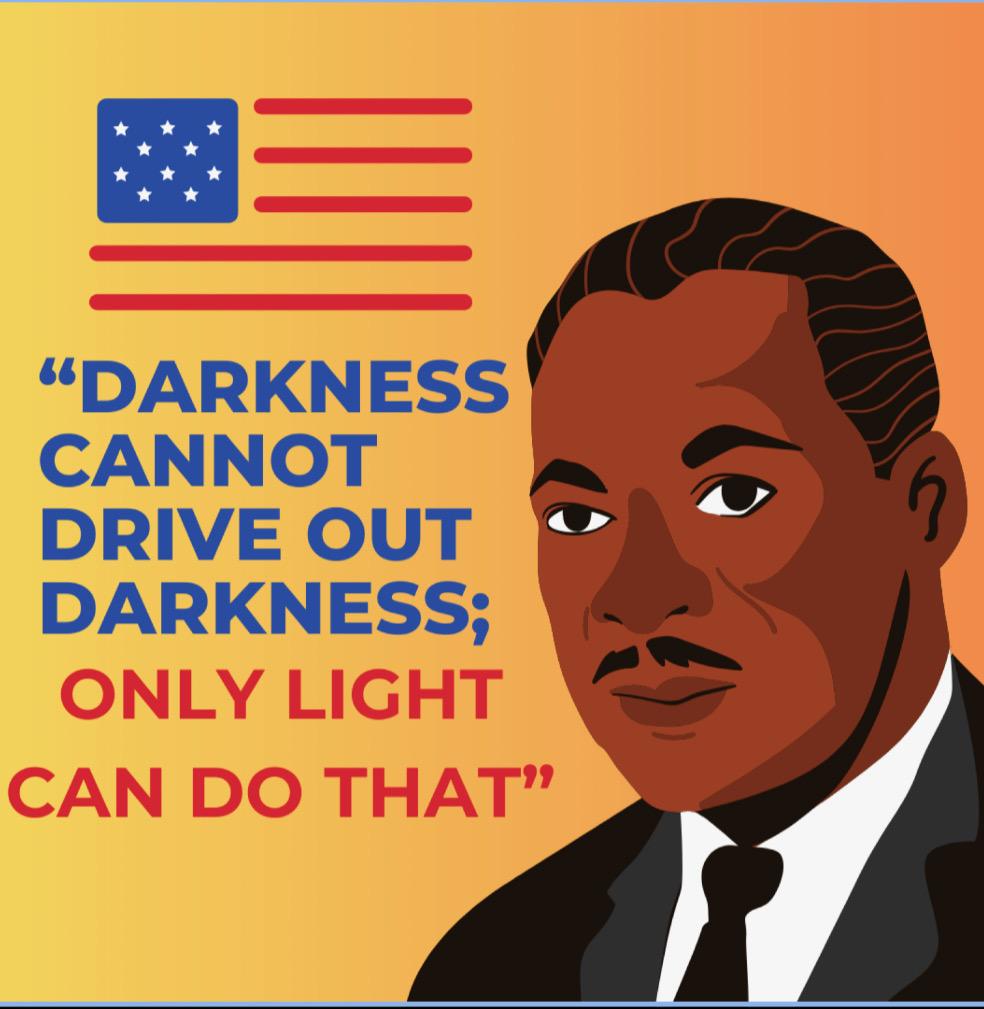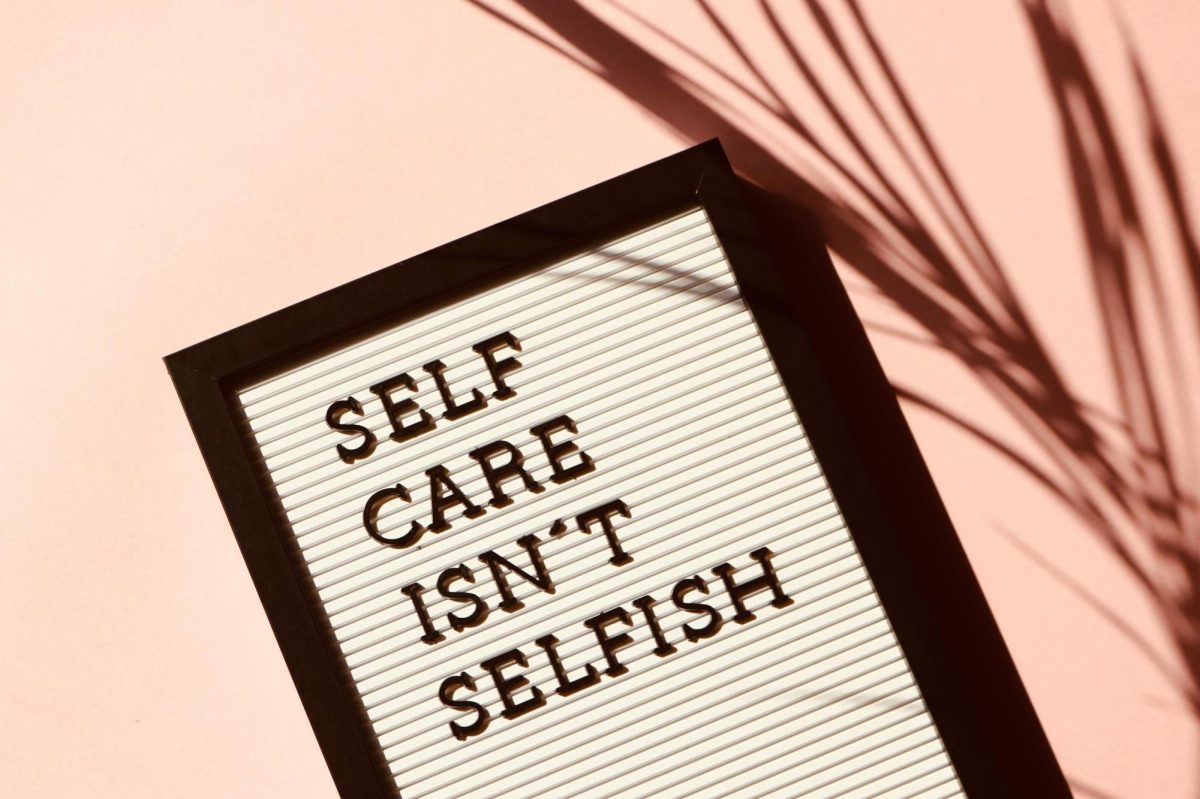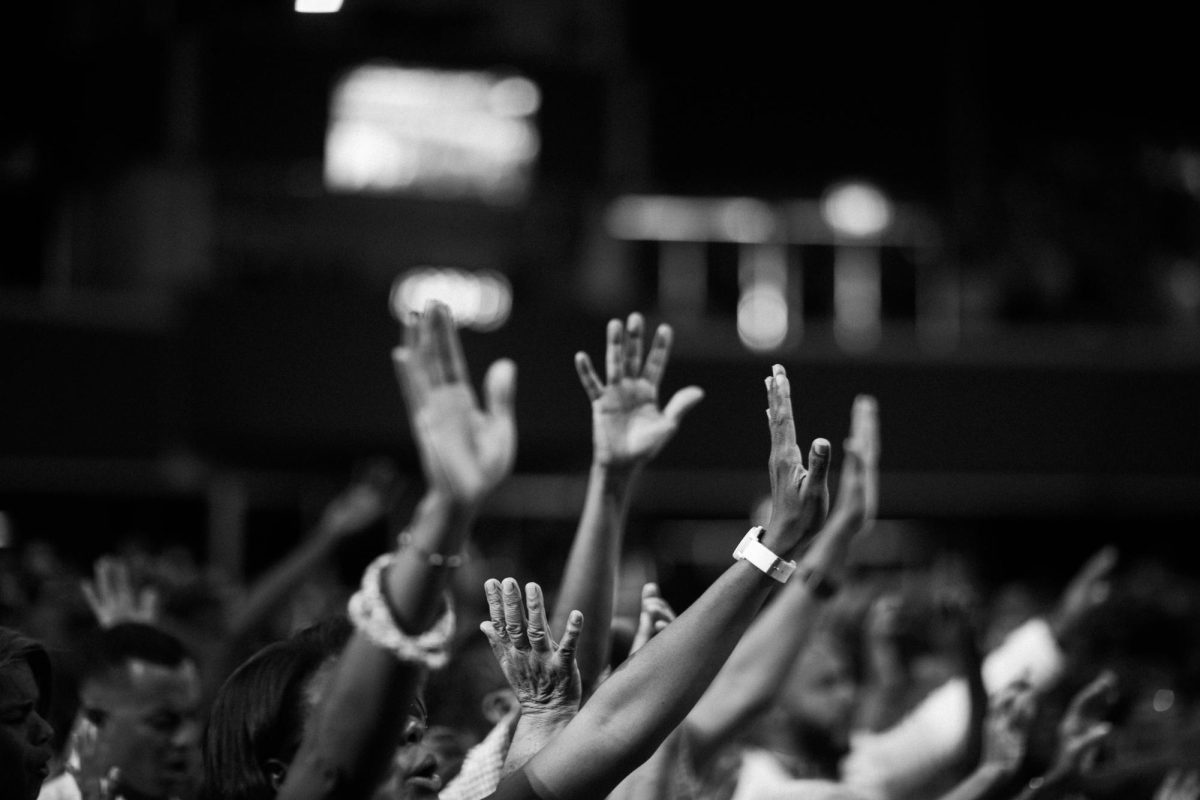Martin Luther King Day is celebrated on the third Monday of January, a federal holiday to commemorate King for his role as a civil rights activist and accomplishments. King relentlessly organized the Selma to Montgomery marches and fought with determination to guarantee the passage of the Civil Rights Act of 1964. It was a struggle to proclaim it a holiday but his legacy remains.
On April 4, 1968, King was assassinated and that is when the battle began to honor King. It took 15 years for civil rights activists’ tenacity for the holiday to be approved by the federal government. John Conyers was the first congressman to pass the bill to make it a federal holiday, “To me, King is the outstanding international leader of the 20th century without ever holding office. What he did, I doubt anyone else could have done” said Conyers. However, it was deterred every year due to false allegations or the idea that making it a holiday was too expensive to simply honor a private citizen.
In 1979, the first bill was passed to be voted on by the House, with 300,000 signatures to support the cause, but it was rejected by five votes.
Nonetheless, the fight did not end there, a famous American singer and songwriter contributed to the cause by featuring in one of his albums the song “Happy Birthday” dedicated to King and the legacy he left behind. In this song, he mentions, “I just never understood how a man who died for good could not have a day that would be set aside for his recognition”. Stevie Wonder continued to spread the message alongside King’s wife, Coretta Scott King, and the petition continued to grow.
Finally, on Nov. On November 2, 1983, President Ronald Reagan signed the King holiday. Martin Luther King Day is a day for African American communities to find ways to improve their community. For instance, the National Museum of African American History and Culture organizes donation drives for those in need and partners with corporations to provide music, film screens, and interactive activities. This holiday is celebrated with marches, parades, and speeches by civil rights leaders and politicians, keeping King’s legacy alive by coming together and enacting change. Martin Luther King is a day on, not a day off!









